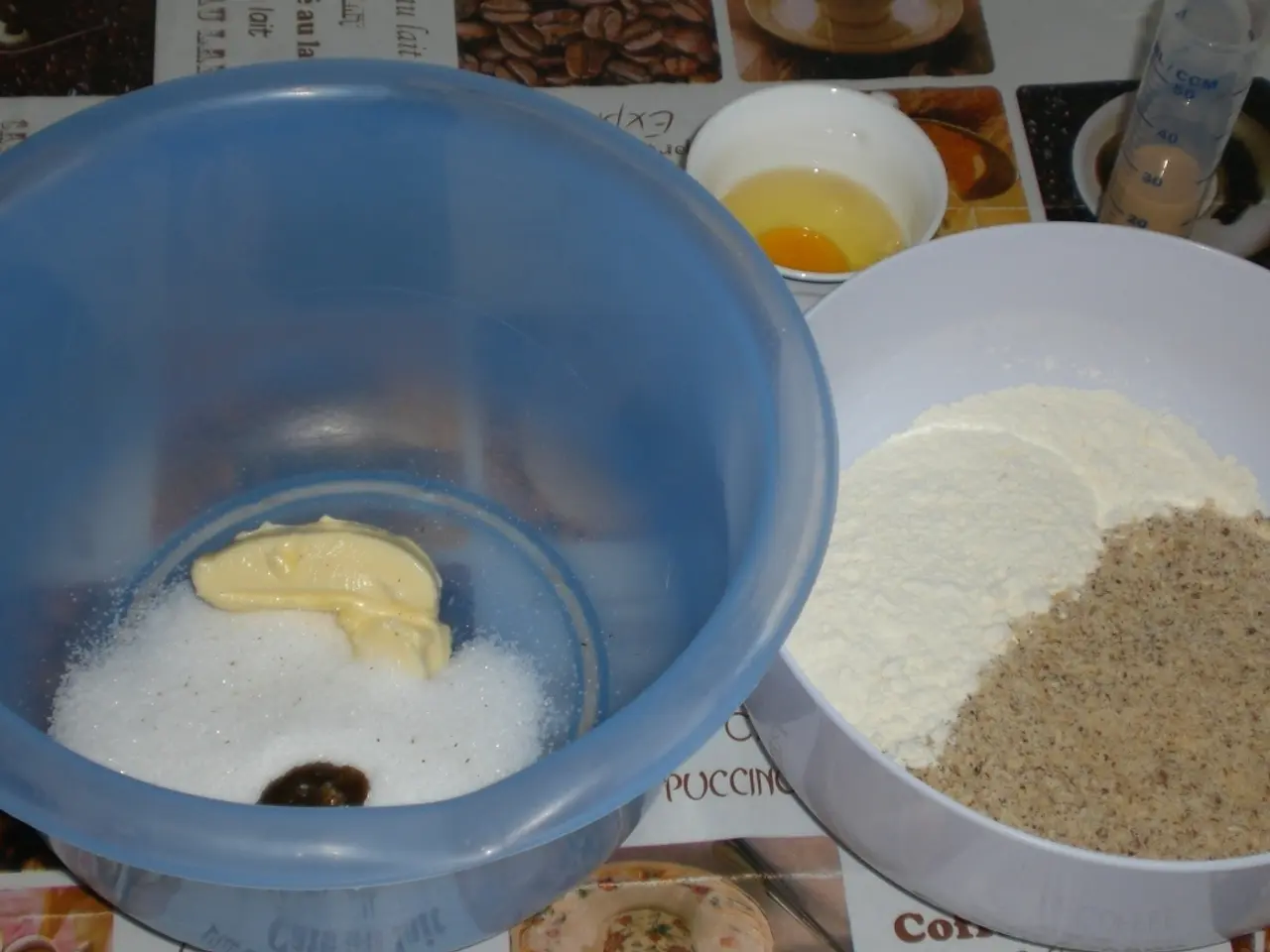Chemotherapy and Bowel Movements: Association, Management, and Insights
Chemotherapy, a common treatment for cancer, can often lead to a condition known as chemotherapy-induced constipation. This article aims to provide an overview of the various treatment options available to manage this side effect.
Chemotherapy-induced constipation can be addressed through a variety of methods, with the choice of treatment depending on the individual patient's needs. Common treatment options include laxatives, either osmotic or stimulant, used alone or in combination. For instance, lactulose, a first-line osmotic laxative, is particularly helpful for cancer patients with cirrhosis.
For patients experiencing opioid-induced constipation as a result of chemotherapy, methylnaltrexone, a peripheral opioid antagonist, can be effective. This drug does not affect central pain control, making it a suitable option in such cases. In some instances, enemas like lactulose enemas may be employed if oral intake is not feasible.
It's important to note that the use of these treatments requires careful individualization based on the patient's clinical status and the presence of other complications such as bowel obstruction.
Other treatment options include emollient laxatives, or stool softeners, which increase intestinal fluids and enable the mixing of fat and watery substances in the bowel, softening hard and dry stools. Examples include docusate calcium, docusate sodium, and docusate potassium.
Rectal laxatives, such as bisacodyl suppositories and glycerin suppositories, are only recommended with manual stimulation for fecal impaction or neurogenic bowel dysfunction.
Lubricant laxatives, like mineral oil, coat the stool and the rectum in a slippery film to promote easier bowel movements.
Bulk-forming laxatives, such as methylcellulose (Citrucel), psyllium (Metamucil), and polycarbophil (Fiber Lax), work by swelling inside the intestines to promote the passage of stool. Stimulant laxatives, such as sodium picosulfate (Picodan), sennosides (Senokot), and castor oil, stimulate neurons within the intestine, causing contractions that push stool along.
Home remedies for constipation include engaging in regular physical activity, increasing fluid intake, increasing fiber intake, logging bowel movements in a journal, and trying natural laxatives such as prunes, rhubarb, papaya, hot drinks like cocoa, tea, or hot water with lemon, and going to the bathroom as soon as there is an urge.
However, it's crucial to remember that overuse of laxatives can worsen the condition. Therefore, people taking laxatives or stool softeners to relieve constipation should see a doctor if the medication is not working or if they do not have a bowel movement within 1-2 days of taking the laxative or stool softener.
Severe constipation can lead to obstipation, a condition characterized by severe persistent constipation that can have life-threatening consequences, such as blocking the bowel, reduced blood flow, tissue death, and intestinal bursting.
Approximately 16% of people with cancer experience constipation due to chemo, with 5% having severe constipation and 11% having moderate constipation. Other causes of constipation in people taking chemo may include opioids, vitamins and minerals like iron or calcium, tumors in the intestine or pelvis, lack of physical activity, changes in diet, poor fluid intake, and thyroid problems or depression associated with cancer.
A dietitian can help choose fiber-rich foods to include in the diet, and fiber supplements may also be helpful. Additionally, medical treatment options for constipation include over-the-counter or prescription medications such as bulk-forming, emollient, osmotic, stimulant, and lubricant laxatives, as well as stool softeners.
Symptoms of constipation requiring medical attention include blood in or around the anus, blood in the stool, persistent belly cramps or vomiting, loose or watery stools, and additional symptoms as specified by the cancer care team. People taking chemo who have not had a bowel movement in a certain duration (depending on the type of chemo and the protocols at the specific cancer center) should see a doctor.
The underlying cause of chemotherapy-induced constipation is not fully understood, but factors include inflammation in the digestive tract, disorder in bowel secretions, disorder in movements within the digestive tract, and changes in how the digestive tract responds to the nervous system.
Other tips for managing constipation include avoiding foods that cause gas, avoiding chewing gum, refraining from using straws, and avoiding foods that cause constipation like eggs and cheese.
In conclusion, managing constipation related to chemotherapy requires a personalised approach, guided by the severity and patient-specific factors. Close monitoring for complications is also essential. If you are undergoing chemotherapy and experiencing constipation, it's important to discuss your symptoms with your healthcare provider.
- Chemotherapy, often used in the treatment of cancer, can lead to a condition called chemotherapy-induced constipation.
- Treatment options for chemotherapy-induced constipation include laxatives, such as lactulose, which is a first-line osmotic laxative, and methylnaltrexone, a peripheral opioid antagonist.
- Other treatment options include emollient laxatives, like docusate calcium, docusate sodium, and docusate potassium, and rectal laxatives, such as bisacodyl suppositories and glycerin suppositories.
- Lubricant laxatives, such as mineral oil, and bulk-forming laxatives, such as methylcellulose, psyllium, and polycarbophil, are also used to address chemotherapy-induced constipation.
- Home remedies for constipation can include regular physical activity, increasing fluid intake, increasing fiber intake, logging bowel movements in a journal, and natural laxatives like prunes, rhubarb, papaya, hot drinks, and going to the bathroom as soon as there is an urge.
- Approaches to managing constipation related to chemotherapy require a personalized approach, guided by the severity and patient-specific factors, and close monitoring for complications.
- If you are undergoing chemotherapy and experiencing constipation, it's important to discuss your symptoms with your healthcare provider, as severe constipation can lead to life-threatening consequences.




